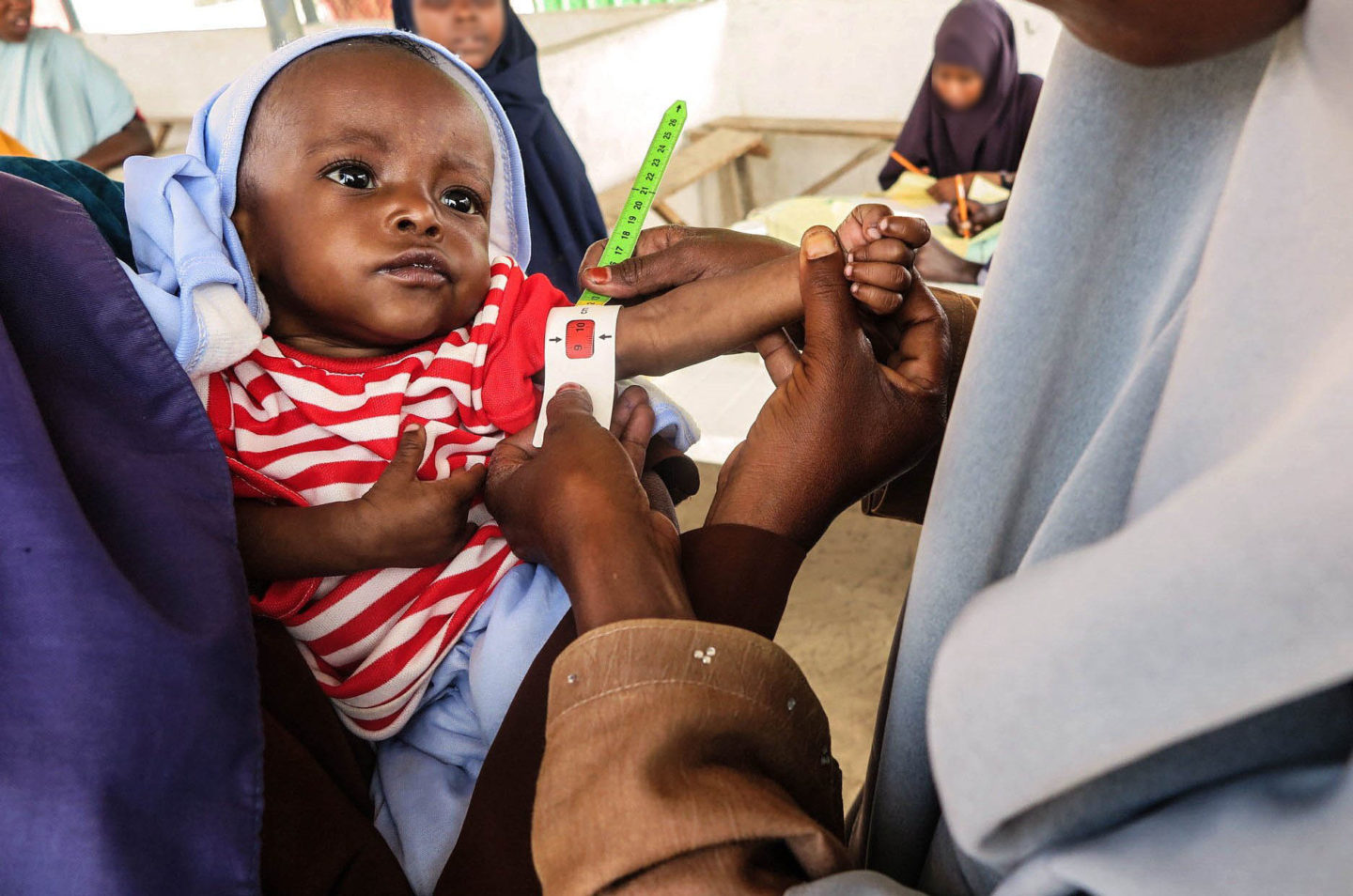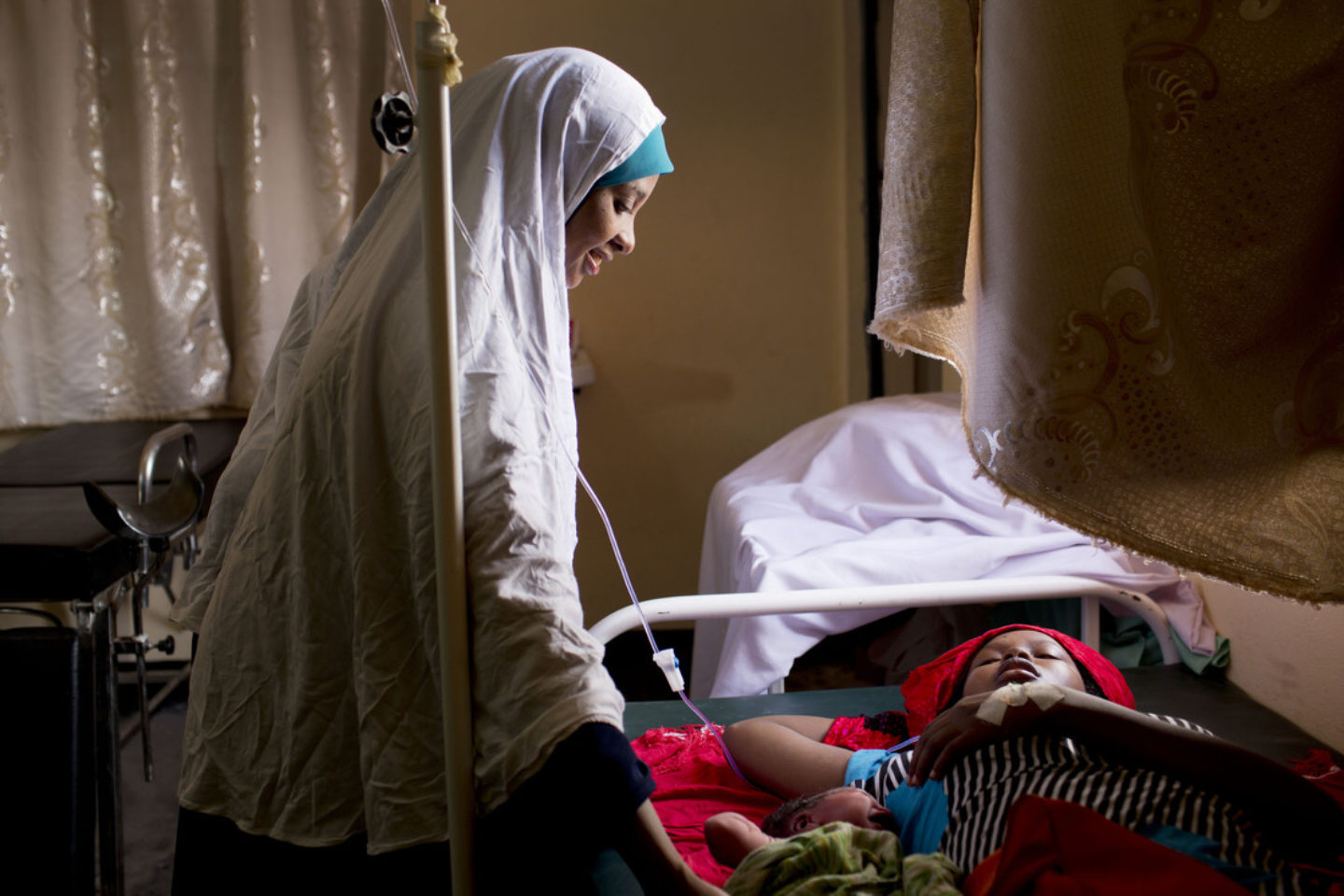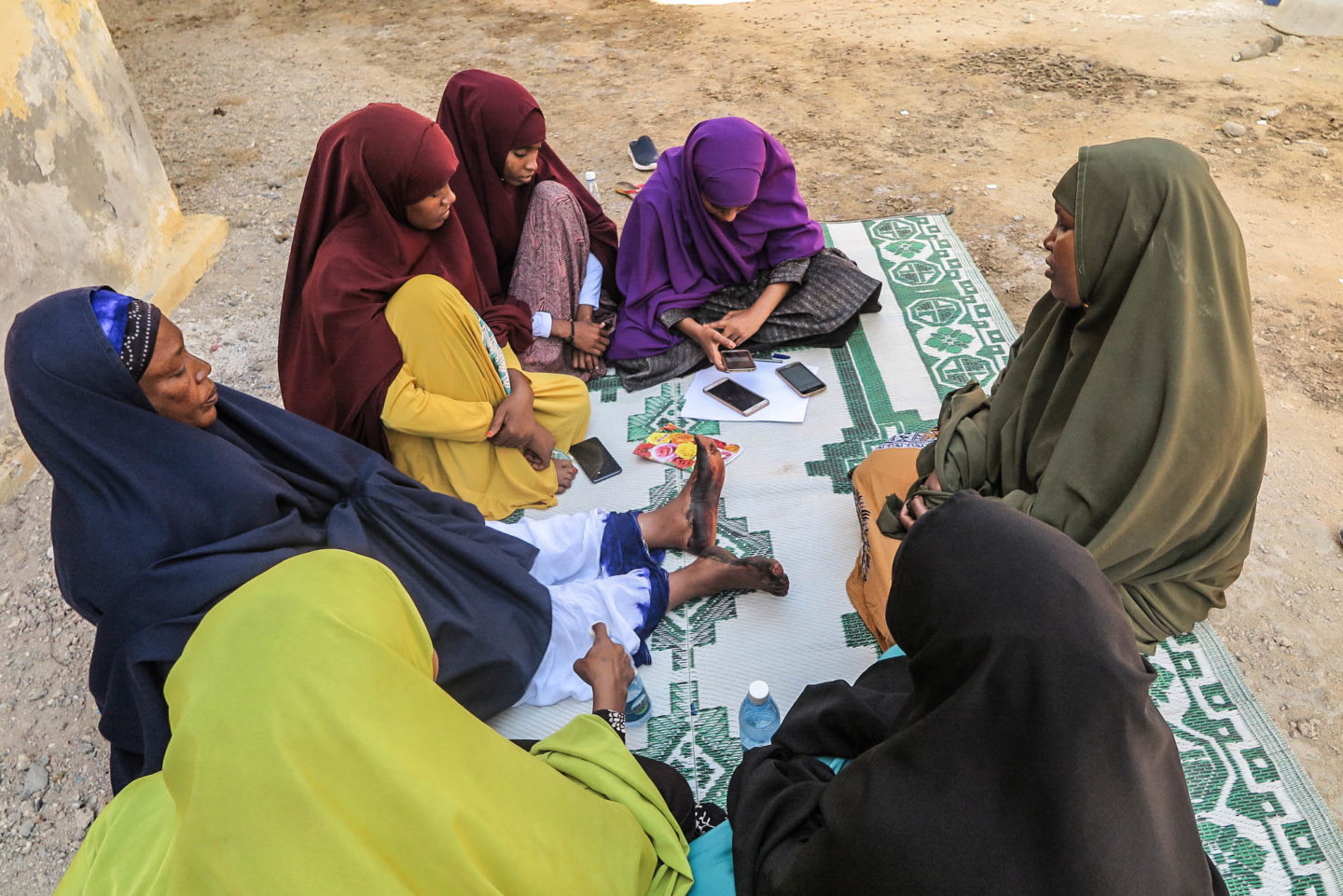Stories from Somalia
Helping people thrive, not just survive
I recently had the privilege of visiting Medair’s programme in Somalia. It was my first time in this country in the Horn of Africa that has suffered so much from conflict and drought. In my almost 10 years working with Medair, I have heard many heart-breaking stories about the violence and humanitarian situation in Somalia. Travelling through the country and meeting Somalis, sadly, I did see much hardship and difficulty. And the security situation is intense and difficult.
Recurring droughts and the devastating impact of nearly two-and-a-half decades of armed conflict have left a record 2.6 million Somalis internally displaced. They are now living in informal settlements wherever they can. Food insecurity and malnutrition are major problems, and many people spend their days looking for food and safe drinking water.

Yet, as I met Somalis affected by this humanitarian crisis, I saw much more than people caught up in one of the world’s deepest and most-prolonged crises. I met incredibly strong and resilient people who keep pressing on in the face of adversity. I met people who had a spirit of optimism and hope for the future. I met people who risked their lives every day to help one another. It was truly humbling and inspiring.
Seeing people’s strength and resilience in Somalia, I was starkly reminded that humanitarian aid is not only about saving lives and providing material aid. Some people say that in countries like Somalia, all we are doing is buying time and not making much of a difference. I don’t agree with that. Humanitarian aid is about much more than providing people with things or services. It is about re-building and protecting human dignity; it is about getting alongside communities to work hand-in-hand with them to bring back hope. In Somalia I saw our teams and our local partner organisations risking their lives to do just that. We visited health clinics where Medair’s local partners are providing life-saving health care, especially for mothers and children under five years old. We saw two beautiful babies who were born just an hour before we arrived, their delivery safely assisted by well-trained midwives who were incredibly enthusiastic about what they do. Their energy was contagious. ©Medair/Kate Holt
©Medair/Kate Holt
In crisis situations, people need material support, such as access to health care and nutrition services. But if all the help that Medair and other organisations bring is delivered by outsiders working on their own, when they leave, the community will be no better prepared for the next crisis. By combining community-based programming with health, nutrition, and safe-water services, we and our local partners build capacity in communities so they can help themselves in the future.
One of the most successful capacity-building approaches in Somalia is the mother-to-mother “care groups”, a community-based strategy for promoting behaviour change. These volunteer groups consist of 10 to 15 mothers who are trained to visit families in their community to promote good health, hygiene, and nutrition behaviours. More than 1,000 mothers work as volunteers in Medair’s community health programmes in Somalia, reaching 17,000 families with important messages on how to keep healthy.
This remarkably effective and simple model reduces disease and saves lives. The volunteers teach other mothers in the communities how to recognise early signs of diseases such as respiratory infections and malaria, how to use mosquito nets to prevent malaria, good hygiene practices to prevent cholera, the importance of vaccination, and the importance of early exclusive breastfeeding for six months

I had the privilege of meeting the team that runs the mother-to-mother groups and was struck by the passion and enthusiasm of the team and the volunteer mothers. Medair is one of the first organisations to use this mother-to-mother group model during humanitarian crises. Setting up these groups in complex, insecure environments like Somalia is not easy, but they are definitely worth the effort. By putting mothers – powerful agents of change – at the centre of the programming, they are not just recipients of aid: they are the aid.
As a humanitarian organisation, we can’t solve the root causes of the conflict and climate shocks in places like Somalia. But, together with the communities we serve, we can contribute to making sustainable improvements and to increasing local capacity for the future. If I had to choose one lesson from my visit to Somalia, it’s this: effective humanitarian intervention starts in the community – with aid from the people to the people themselves.
Medair’s approach to aid is underpinned by this “people-to-people” strategy. We are a bridge connecting compassionate people who give to support our work – or who work with us – to people in need. My experience in Somalia was an amazing example that embodied this.
